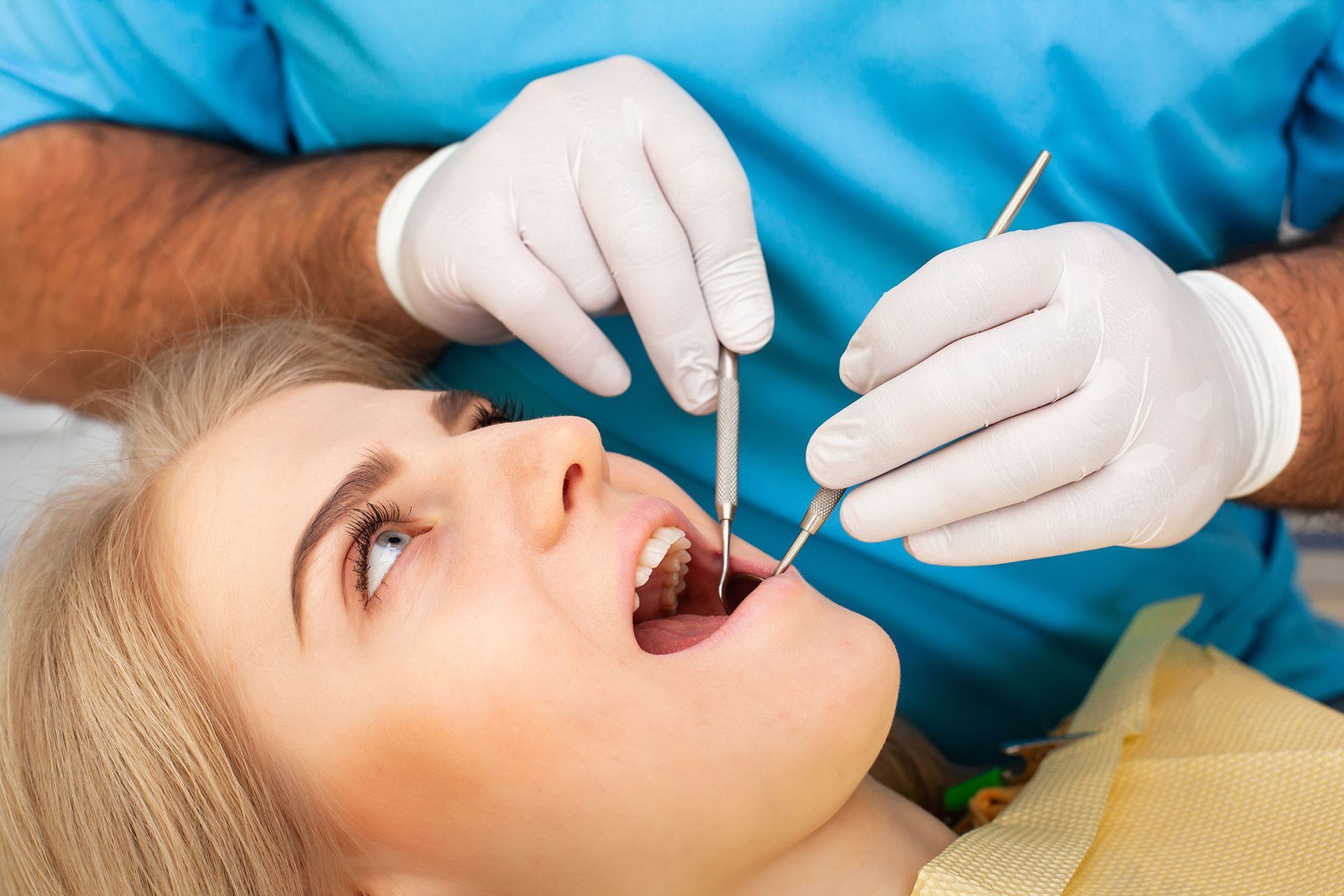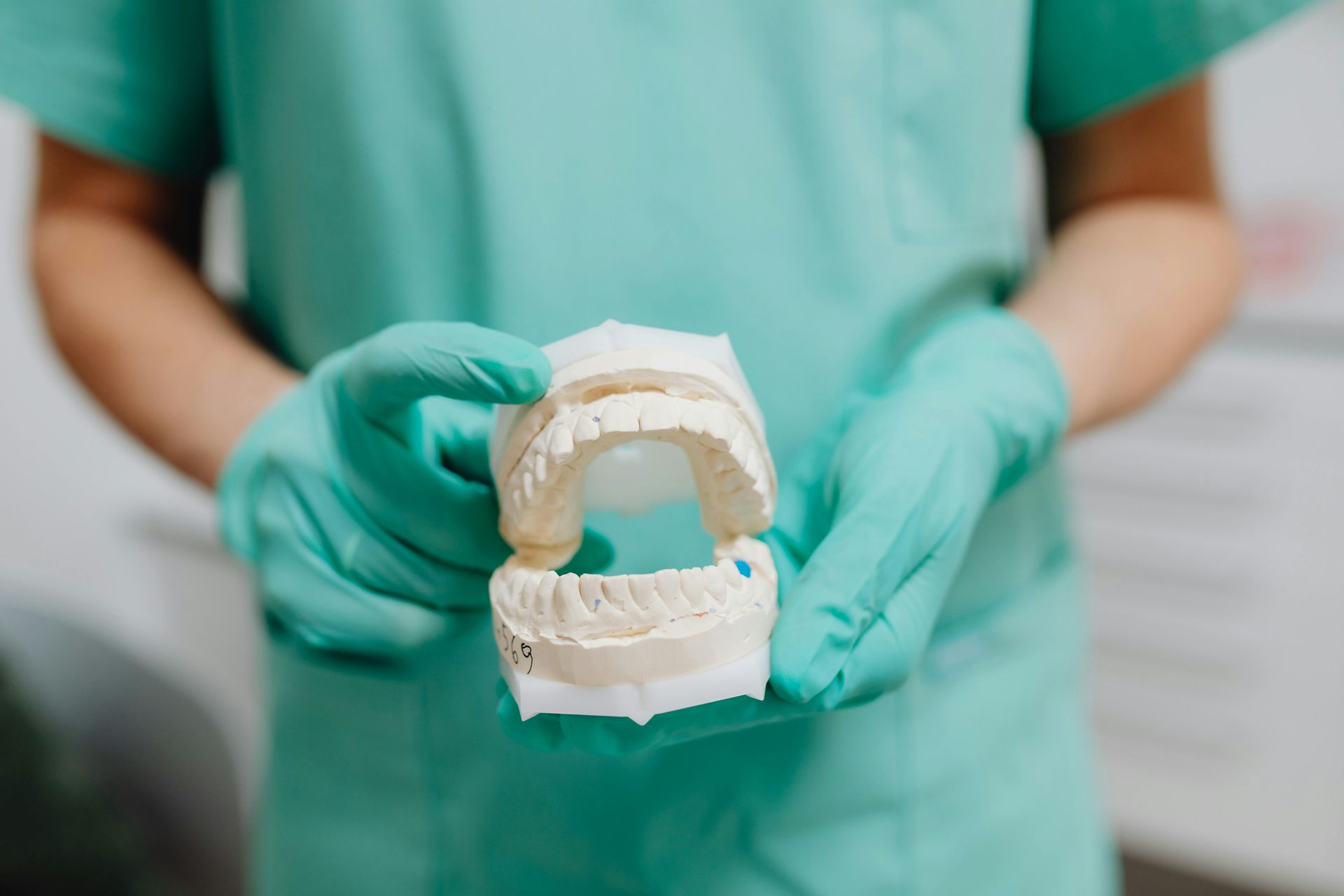Wisdom Tooth Removal: What to Expect Before, During, and After Surgery
Wisdom tooth removal is one of the most common oral surgery procedures performed today. Although the idea of surgery may seem intimidating, understanding the process can help ease your anxiety and set you on the path to a smooth recovery. This article will walk you through everything you need to know about wisdom tooth extraction, including why it may be necessary, how to prepare for the procedure, and what to expect before, during, and after surgery.
What Are Wisdom Teeth?
Wisdom teeth, also known as third molars, typically emerge in the late teens or early twenties. While some people have no issues with their wisdom teeth, many experience complications due to lack of space in the jaw. This can lead to impacted wisdom teeth, where the teeth become trapped beneath the gum line or grow at an angle.
Why Is Wisdom Tooth Removal Important?
In many cases, wisdom tooth removal is necessary to prevent or resolve oral health problems. Here are some reasons why this procedure is essential:
- Prevent Crowding: When wisdom teeth try to emerge in a crowded mouth, they can push other teeth out of alignment, potentially ruining a straight smile.
- Avoid Infection: Partially erupted wisdom teeth can create pockets where bacteria thrive, leading to painful infections.
- Prevent Tooth Decay: Wisdom teeth are difficult to clean due to their position at the back of the mouth, making them more prone to cavities.
- Protect Jaw Health: Impacted wisdom teeth can cause cysts, which may damage the jawbone and nearby teeth.
If your dentist or oral surgeon recommends wisdom tooth extraction, it's likely to prevent these complications and protect your overall oral health.
Signs You May Need Wisdom Tooth Removal
It’s crucial to recognize the warning signs that your wisdom teeth are causing problems. Common indicators include:
- Pain or Discomfort: Persistent pain at the back of your mouth may signal impacted wisdom teeth.
- Swelling and Redness: Inflammation around the gums near your wisdom teeth can indicate infection.
- Jaw Stiffness: Difficulty opening your mouth or jaw stiffness may be related to impacted teeth.
- Bad Breath or Unpleasant Taste: Infections around partially erupted wisdom teeth can cause halitosis and a bad taste in your mouth.
- Crowding or Shifting Teeth: If you notice your teeth moving out of alignment, your wisdom teeth may be to blame.
If you experience any of these symptoms, consult your dentist or oral surgeon for an evaluation.
Preparing for Wisdom Tooth Removal
Proper preparation can help ensure a successful procedure and a smooth recovery. Here are steps you can take to prepare:
- Consultation with Your Oral Surgeon: During your initial consultation, your oral surgeon will review your medical history, take X-rays, and discuss the procedure with you.
- Arrange Transportation: Since you’ll likely receive sedation or anesthesia, you’ll need someone to drive you to and from the appointment.
- Follow Pre-Operative Instructions: Your surgeon may ask you to avoid eating or drinking for several hours before the procedure, depending on the type of anesthesia used.
- Plan for Recovery: Stock up on soft foods, pain medication, and any other supplies you may need post-surgery.
By following these steps, you can feel more confident and prepared on the day of your surgery.
What to Expect During the Procedure
Wisdom tooth removal typically takes about 45 minutes to an hour. Here’s what happens during the procedure:
- Anesthesia: Your oral surgeon will administer local anesthesia, sedation, or general anesthesia to ensure you’re comfortable throughout the procedure.
- Incision and Extraction: If your wisdom teeth are impacted, the surgeon will make small incisions in your gums to access the teeth. They may need to break the teeth into smaller pieces for easier removal.
- Stitching and Gauze Placement: Once the teeth are removed, the surgeon may stitch the incision sites and place gauze to help control bleeding.
The type of anesthesia and complexity of your extraction will influence how you feel during and immediately after the surgery.
Wisdom Tooth Recovery: Tips and Timeline
Recovery from wisdom tooth removal typically takes about one to two weeks. Here’s what you can expect and how to promote healing:
Day 1: Immediately After Surgery
- Rest: Avoid strenuous activities and rest as much as possible.
- Manage Bleeding: Bite down gently on gauze pads to control bleeding.
- Apply Ice Packs: Use ice packs on your cheeks to reduce swelling.
- Follow Post-Operative Instructions: Your surgeon will provide detailed instructions on pain management, diet, and oral care.
Days 2-3: Managing Pain and Swelling
- Pain Medication: Take prescribed or over-the-counter pain relievers as directed.
- Soft Foods: Stick to a diet of soft foods such as yogurt, applesauce, and mashed potatoes.
- Avoid Irritation: Refrain from using straws, smoking, or spitting, as these actions can dislodge the blood clot and cause a painful condition called dry socket.
Days 4-7: Continued Healing
- Improved Comfort: Swelling and pain should gradually decrease.
- Gentle Oral Care: You can begin gently rinsing your mouth with warm salt water to promote healing.
Week 2: Full Recovery
- Stitches Removal: If your stitches are not dissolvable, your surgeon may remove them around this time.
- Return to Normal Activities: Most patients can resume their regular diet and activities after about a week, depending on how well they’re healing.
Following these recovery tips can help you heal quickly and avoid complications.
Potential Complications and How to Avoid Them
While most wisdom tooth extractions go smoothly, complications can occasionally arise. Common issues include:
- Dry Socket: This occurs when the blood clot protecting the extraction site becomes dislodged. Avoid drinking through straws, smoking, and vigorous rinsing to minimize this risk.
- Infection: Symptoms of infection include severe pain, swelling, fever, and pus discharge. Contact your oral surgeon if you suspect an infection.
- Nerve Damage: Though rare, nerve damage can cause numbness or tingling in the lips, tongue, or chin. Your surgeon will take precautions to minimize this risk.
By following your surgeon’s aftercare instructions, you can reduce the likelihood of complications.
Why Choose Tri-State Oral Surgery for Wisdom Tooth Removal
At Tri-State Oral Surgery, serving Evansville, IN, and Owensboro, KY, we specialize in providing safe, comfortable, and effective wisdom tooth extractions. Our experienced oral surgeons use advanced techniques and personalized care to ensure the best possible outcomes for our patients.
We understand that oral surgery can be nerve-wracking, which is why we prioritize patient comfort and education every step of the way. From your initial consultation to post-operative care, we’re here to support you through the entire process.
Frequently Asked Questions About Wisdom Tooth Removal
1. How do I know if my wisdom teeth need to be removed?
Your dentist or oral surgeon will evaluate your teeth and may recommend extraction if there are signs of impaction, infection, or crowding.
2. Is wisdom tooth removal painful?
You’ll receive anesthesia during the procedure to prevent pain. Mild discomfort is normal during recovery but can be managed with pain relievers.
3. How long does it take to recover?
Most patients recover within one to two weeks, though healing times can vary.
4. Can I eat after surgery?
Yes, but stick to soft foods for the first few days and avoid hot, spicy, or crunchy foods that could irritate the extraction site.
5. What is dry socket, and how can I prevent it?
Dry socket occurs when the protective blood clot is dislodged. Avoid using straws, smoking, and spitting to reduce the risk.
Conclusion
Wisdom tooth removal is a common and necessary procedure to protect your oral health. By understanding the signs that you need extraction, preparing for surgery, and following recovery tips, you can ensure a smoother experience. If you're in the Evansville, IN, or Owensboro, KY area, trust the experts at Tri-State Oral Surgery for compassionate and expert care.






